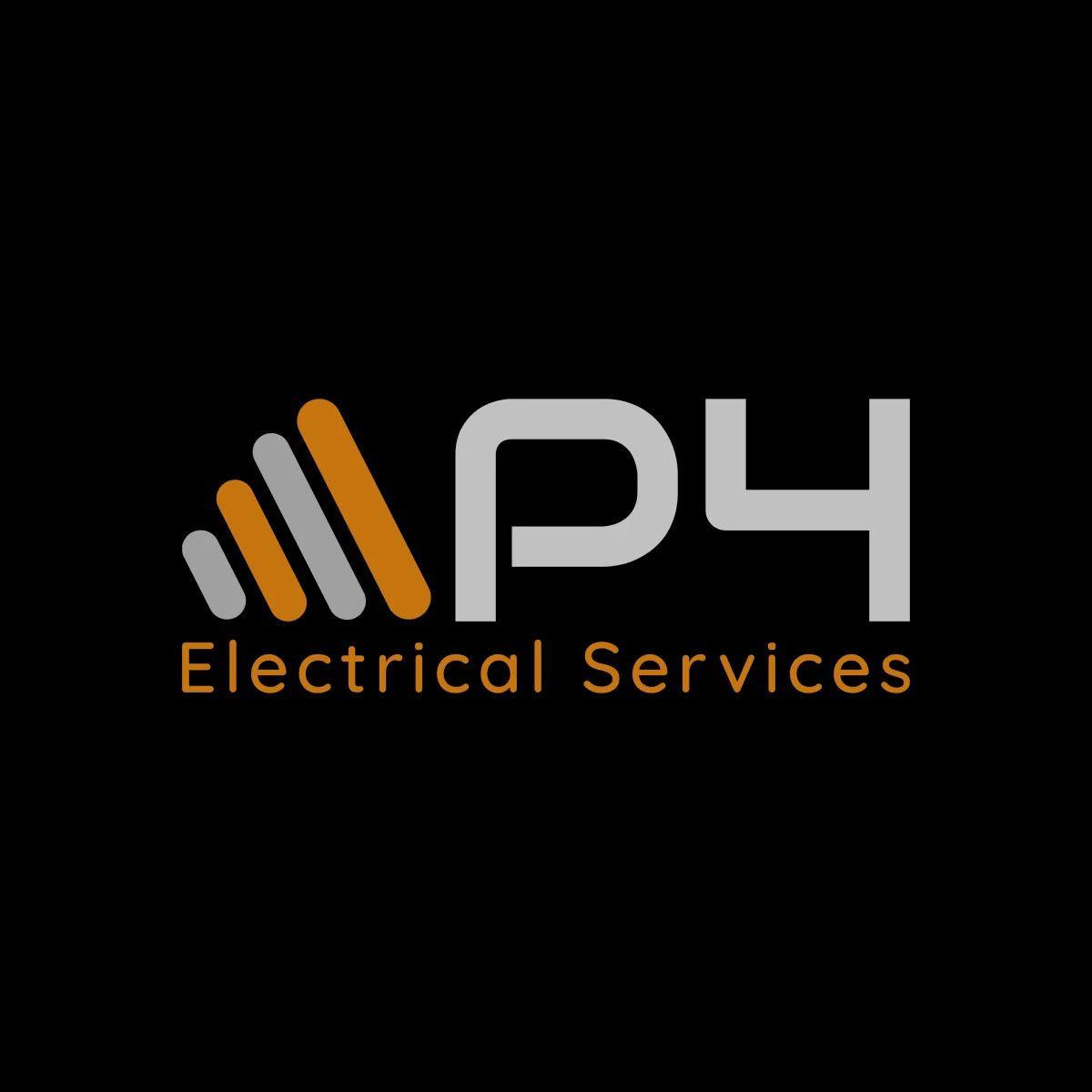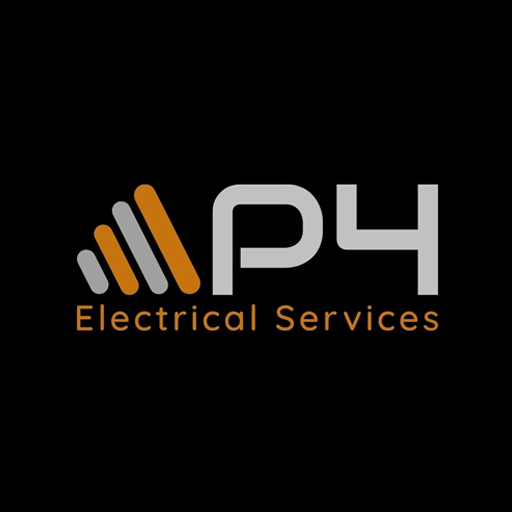Who Can Install Smoke Alarms in QLD?
In Queensland, only licensed electricians can install or replace 240V hardwired smoke alarms. Homeowners may install 10-year lithium battery or wireless interconnected alarms, provided they follow QLD placement laws.
Your Guide to Smoke Alarm Installation Rules in Queensland
Queensland has some of the strictest smoke alarm laws in Australia, designed to save lives. With deadlines rolling through 2022 to 2027, it’s important to know who is legally allowed to install smoke alarms in QLD.
Whether you’re a homeowner upgrading for compliance, a landlord preparing a property for lease, or selling your home, here’s what you need to know.
Smoke Alarm Requirements in Queensland
Since January 1st, 2022, new sales and leases require:
Photoelectric smoke alarms only (AS 3786-2014 compliant)
Interconnected alarms across the property
Placement in all bedrooms, hallways, and every storey
By January 1st, 2027, every home in Queensland must comply.
👉 For details on pricing, see our Smoke Alarm Upgrade Cost QLD
Who Can Install Smoke Alarms in QLD?
240V Hardwired Smoke Alarms
Must be installed or replaced by a licensed electrician.
Any wiring work requires professional certification.
Installations include a compliance certificate, which is essential for landlords and sellers.
👉 Need a licensed installer? Book online at our Smoke Alarm Installation Brisbane Southside
10-Year Lithium Battery Smoke Alarms
These alarms are DIY-friendly, as they don’t connect to mains power.
They must still be interconnected, either wirelessly or via a network.
Correct placement (bedrooms, hallways, every level) is still a legal requirement.
Wireless Interconnected Alarms
Approved for compliance in QLD.
Can often be installed without an electrician.
Ideal for retrofits where hardwiring is disruptive.
Key Rule: If the alarm involves any wiring, only a licensed electrician can perform the installation.
Placement Rules for Compliance
Smoke alarms should be:
Installed on ceilings, at least 300mm from walls or fittings.
In every bedroom, hallways, and pathways to exits.
On every story of multi-level homes.
Avoid installing near fans, air vents, or windows where airflow can delay detection.
Why Compliance Matters
Legal Requirement → Fines and penalties apply for non-compliance.
Insurance → Claims may be rejected if smoke alarms aren’t compliant.
Safety → Interconnected photoelectric alarms give the earliest warning in a fire.
👉 If you’re selling, you may also need a Smoke Alarm Compliance Certificate QLD
How P4 Electrical Services Helps
At P4 Electrical Services, we’ve helped Brisbane Southside homeowners, landlords, and real estate agents stay compliant since the laws began rolling out.
Licensed & insured electricians
Installation of both wired and wireless systems
Compliance certificates for property sales and rentals
Trusted brands like Red, Brooks, and Clipsal
📞 Call Jamie today on 0433 353 945 for expert advice or a free quote.
Do I need an electrician to replace a smoke alarm in QLD?
Yes, if it’s a 240V hardwired alarm. DIY is only legal for 10-year lithium battery or wireless alarms.
Can landlords install their own smoke alarms in QLD?
Yes, if they use wireless or battery alarms, but hardwired alarms must be installed by a licensed electrician.
What happens if I don’t comply with smoke alarm laws?
You risk fines, legal issues when selling or leasing, and potential insurance claim rejection.
Are wireless alarms legal in Queensland?
Yes, wireless interconnected alarms are fully compliant and often preferred for retrofits.

